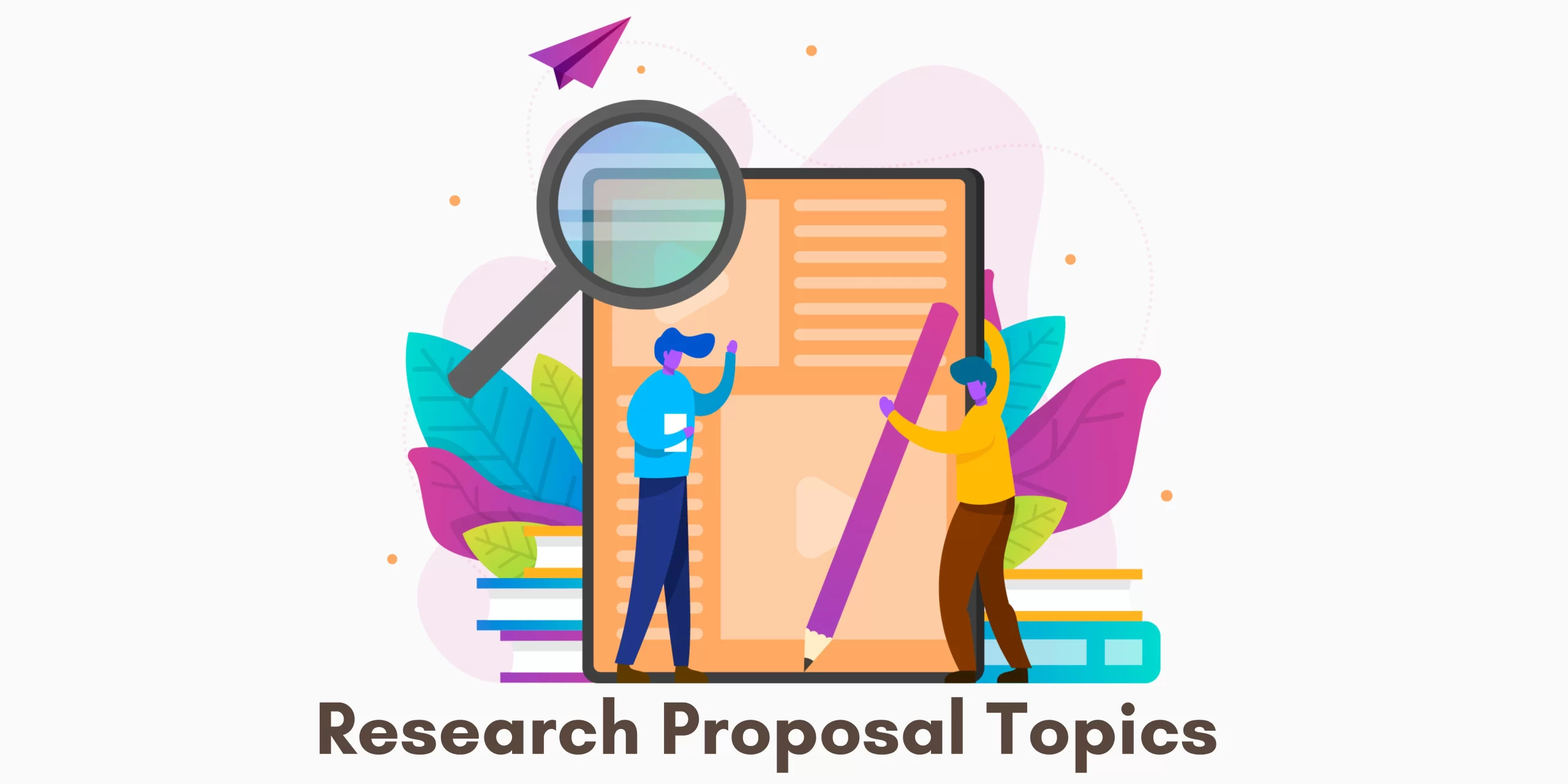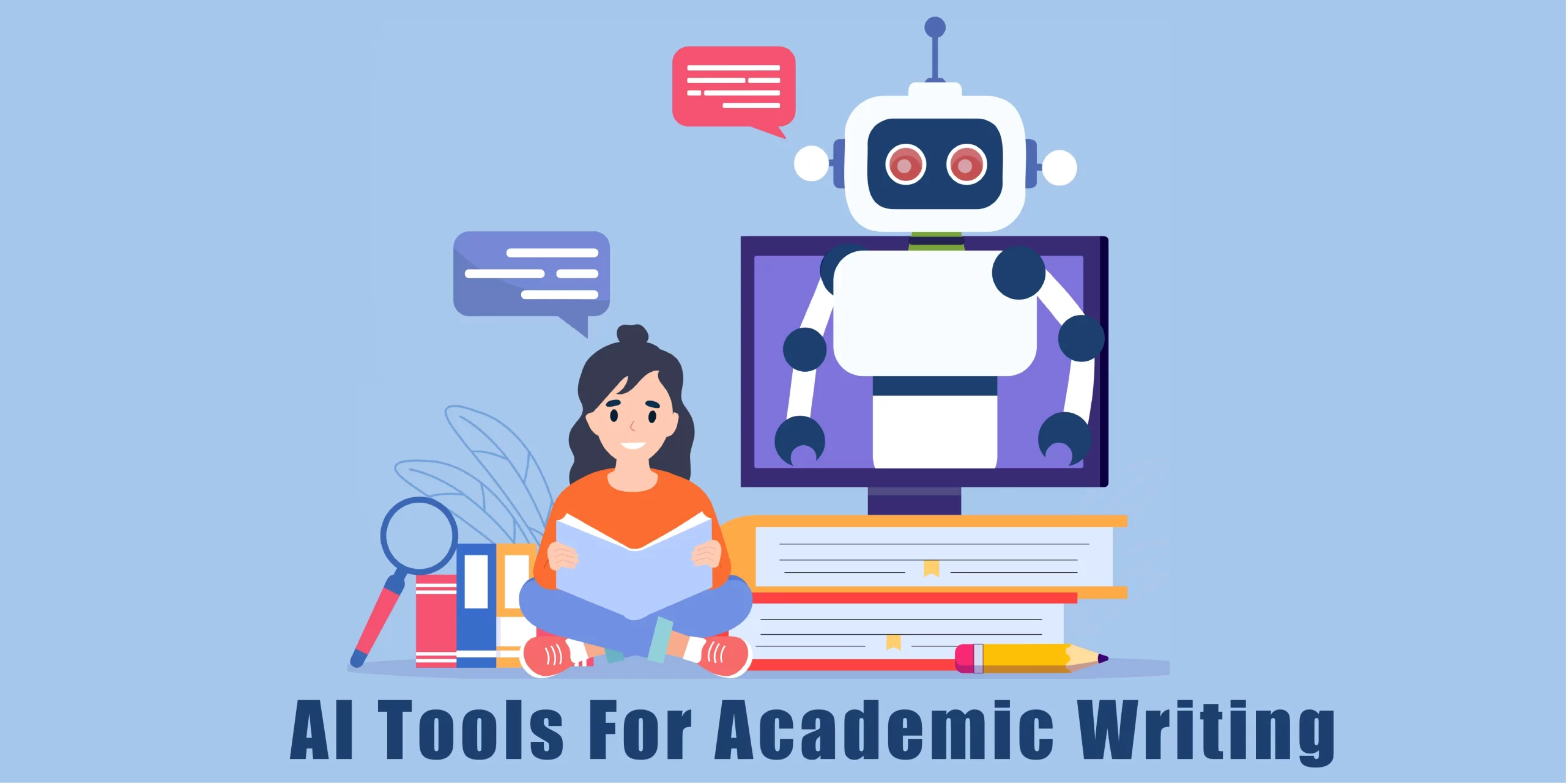Choosing the right research topic is like setting the stage for an unforgettable performance—it defines the tone, direction, and impact of your work. Whether you’re a freshman embarking on your first academic project or a seasoned student seeking advanced ideas, selecting a compelling research topic is the cornerstone of any successful academic journey.
But why is this so important? A well-chosen topic does more than tick a box on your assignment sheet. It inspires curiosity, sparks innovation, and often leads to meaningful contributions in your field of study. Imagine researching something that not only excites you but also adds value to the academic community. That’s the magic of picking the right subject—it transforms a task into a purpose.
This guide isn’t just another generic list. We’ve curated topics that are both engaging and practical. From fun topics to research for a freshman to advanced ideas across technology, psychology, and environmental studies, there’s something here for everyone. Think of this as your one-stop shop for inspiration, offering a mix of creative suggestions and actionable tips to kick-start your research journey.
So, are you ready to find a topic that not only meets your academic requirements but also ignites your passion? Let’s dive in and uncover the endless possibilities awaiting you in 2025!
Tips for Choosing a Great Research Proposal Topic

Selecting the perfect research proposal topic can feel overwhelming. After all, it’s the first step toward crafting a project that truly stands out. But fear not! With a little strategy and a touch of self-reflection, you can land on a topic that’s both engaging and impactful. Let’s explore four essential tips to help you identify a winning idea.
1. Consider Your Interests
Passion fuels productivity. When you’re genuinely curious about a subject, the research process feels less like a chore and more like a journey of discovery. Think about the questions that keep you up at night or the issues you love debating. That’s where you’ll find good topics to research.
Example: If you’re fascinated by technology, explore research proposal ideas around artificial intelligence, renewable energy, or the ethical dilemmas of social media.
Why this works: When you care about your topic, your enthusiasm will shine through in your work, and that’s what leads to great results.
2. Relevance to Current Trends
In today’s fast-paced world, relevance is everything. The best research topics align with pressing global issues, emerging technologies, or cultural shifts. Choosing possible topics for research proposal that resonate with current trends ensures your work will be meaningful and timely.
Example: Investigate the effects of remote work on employee mental health or the impact of blockchain on global finance.
Why this works: Tackling hot-button issues makes your research more impactful and increases the likelihood that it will contribute to ongoing discussions in your field.
3. Feasibility of Research
A brilliant idea is only as good as the resources available to back it up. Before committing, evaluate whether your topic has enough data, literature, or case studies to support a thorough investigation. If it’s too niche, you might hit a research dead end. When reviewing topic proposal examples, ask yourself: “Do I have access to the materials and tools I’ll need?”
Example: Instead of focusing on an obscure historical event with limited sources, opt for a broader topic like the role of propaganda in modern political campaigns.
Why this works: Ensuring feasibility saves you from frustration later and sets you up for a smoother research journey.
4. Academic Contribution
The best research topics don’t just rehash what’s already been said—they add something new. Look for best research project topics that fill gaps in existing literature or take a fresh perspective on an old problem.
Example: Rather than exploring “climate change effects,” narrow it down to “the role of indigenous knowledge in climate adaptation strategies.”
Why this works: A unique angle not only impresses professors but also enhances the academic value of your work.
Choosing a research proposal topic doesn’t have to be daunting. Focus on your interests, stay relevant to current trends, ensure feasibility, and aim to contribute something new. By following these tips, you’ll land on a topic that’s not just good but great—one that keeps you motivated and makes a lasting impact in your field. Ready to get started? Let’s find that perfect idea!
Top Research Proposal Topics for 2025

Choosing the right research topic is crucial—it’s the first step toward academic success and intellectual discovery. As we look toward 2025, the following topics in technology, business, psychology, environmental studies, and education offer rich opportunities for exploration. Whether you’re tackling global challenges or diving into niche interests, these research proposal topics provide the foundation for impactful academic work.
a. Technology and Innovation
Technology continues to shape our world at a breakneck pace, offering countless avenues for research. Here are 10 compelling proposal topics in this field:
- The ethical implications of AI in healthcare and its effects on patient privacy.
- Renewable energy advancements and their economic impacts on oil-dependent nations. (Keywords: research project proposal ideas)
- The role of blockchain in improving cybersecurity for financial institutions.
- Exploring the potential of 5G technology in advancing smart cities.
- Ethical challenges in the development of autonomous vehicles.
- The impact of quantum computing on traditional encryption methods.
- Artificial intelligence in personalized education: Opportunities and risks.
- Addressing algorithmic bias in AI systems: Strategies and solutions.
- The intersection of biotechnology and machine learning in drug discovery.
- Cloud computing security: Evaluating threats and countermeasures.
b. Business and Finance
From remote work to sustainable finance, the business world is undergoing seismic changes. Explore these research project topics in finance and beyond:
- The effect of remote work on organizational productivity and employee well-being.
- Sustainable finance: Opportunities and challenges in developing economies. (Keywords: research project topics in finance)
- The role of corporate social responsibility in brand loyalty post-pandemic.
- The future of cryptocurrency as a viable payment system for businesses.
- Women in leadership: Their impact on company culture and performance.
- The influence of employee engagement on corporate innovation.
- Green bonds: Evaluating their effectiveness in combating climate change.
- Ethical dilemmas in global supply chain management.
- How mergers and acquisitions affect market competition in tech industries.
- Start-up culture: The pros and cons of venture capital funding.
c. Psychology and Sociology
Human behavior and societal trends provide endless possibilities for exploration. Consider these psychology research proposal topics and sociological ideas:
- The impact of social media on adolescent mental health and self-esteem. (Keywords: psychology research proposal topics)
- Exploring the relationship between mindfulness practices and stress reduction in high-pressure jobs.
- The psychological effects of remote learning on students during the pandemic.
- How cultural stigmas affect mental health treatment in underserved communities.
- The influence of early childhood experiences on adult relationship patterns.
- Digital addiction: Causes, consequences, and interventions.
- The sociological impact of urban migration on traditional family structures.
- Effects of workplace diversity on employee satisfaction and productivity.
- The role of peer support groups in managing anxiety and depression.
- Media influence on body image perceptions across different age groups.
d. Environmental Studies
The fight against climate change and the quest for sustainability remain pressing global issues. Here are 10 thought-provoking topics:
- Strategies for mitigating the effects of climate change on urban areas.
- The role of biodiversity in maintaining ecological balance and preventing species extinction.
- Evaluating the effectiveness of carbon offset programs.
- The impact of deforestation on indigenous communities.
- Exploring the potential of vertical farming in solving urban food shortages.
- Renewable energy’s role in achieving net-zero carbon emissions.
- The consequences of plastic pollution on marine ecosystems.
- Sustainable tourism: Balancing economic growth with environmental conservation.
- How policy changes can accelerate green building practices.
- The role of citizen science in advancing climate change research.
e. Education
The future of learning is evolving rapidly, and these research proposal topic ideas delve into the challenges and opportunities ahead:
- Effective strategies for hybrid learning environments post-pandemic. (Keywords: research proposal topic ideas)
- The role of gamification in improving student engagement and retention.
- Addressing the digital divide in rural education systems.
- The impact of AI-driven tutoring tools on student learning outcomes.
- Cultural inclusivity in curriculum design: Best practices for global classrooms.
- How parental involvement influences academic performance in primary school children.
- The effectiveness of project-based learning in STEM education.
- Exploring the long-term effects of standardized testing on creativity.
- Virtual reality in education: Opportunities and challenges for immersive learning.
- Addressing teacher burnout: Causes, consequences, and solutions.
These top research proposal topics for 2025 span a wide range of fields, offering something for every interest. Whether you’re passionate about technology, finance, mental health, environmental sustainability, or education, these ideas are designed to spark inspiration and guide you toward impactful academic contributions.
Ready to take the next step? Dive into your chosen topic and make 2025 the year of groundbreaking research!
Examples of Research Proposal Formats
When it comes to crafting a research proposal, structure is everything. A well-organized and clearly presented proposal not only showcases your understanding of the topic but also convinces readers—whether they’re professors, advisors, or funding boards—that your research is worth pursuing. In this section, we’ll explore templates for a research proposal essay example and discuss what makes a strong, cohesive research proposal paper.
What is a Research Proposal?
Before diving into formats, let’s break it down. A research proposal is essentially a roadmap for your study. It outlines your topic, explains its significance, and details how you’ll conduct your research. Think of it as pitching your idea in a way that’s clear, persuasive, and professional.
Basic Template for a Research Proposal
A standard example of a research proposal includes the following components:
1. Title Page
- The title of your research proposal (keep it concise but descriptive).
- Your name, institution, and date of submission.
2. Abstract
- A brief summary of your research proposal, usually around 150–250 words.
- This should highlight your topic, objectives, methodology, and expected outcomes.
3. Introduction (Keywords: research proposal paper)
- Introduce the topic and provide background information.
- State the research problem clearly.
- Highlight the significance of the study: Why does this research matter?
4. Research Objectives
- List 2–3 key objectives you aim to achieve.
5. Literature Review
- Summarize existing research related to your topic.
- Identify gaps in the literature that your study will address.
6. Methodology (Keywords: example of a research proposal)
- Explain the methods you’ll use to gather and analyze data.
- Specify your tools, techniques, and the rationale behind your choices.
7. Expected Results
- Describe the outcomes you anticipate and how they’ll contribute to the field.
8. Timeline
- Provide a breakdown of your research activities and their timeframes.
9. References
- List all sources cited in your proposal, formatted according to your institution’s guidelines.
Detailed Example: Topic Proposal Format
Here’s an example of a topic example for a research paper on renewable energy:
Title
“Exploring the Economic Impact of Renewable Energy Adoption in Developing Countries”
Abstract
This research investigates how the shift toward renewable energy affects the economic growth of developing nations. By analyzing case studies and data from international agencies, the study aims to identify patterns of growth, challenges, and opportunities associated with transitioning to green energy solutions.
Introduction
With climate change becoming a global concern, many developing countries are adopting renewable energy. However, there is limited research on how this transition impacts their economies. This study addresses that gap, exploring both the opportunities and challenges faced by these nations.
Research Objectives
- Analyze the economic benefits of renewable energy projects in developing countries.
- Examine the challenges associated with financing and implementation.
- Propose strategies for maximizing the economic advantages of green energy.
Methodology
The study will use a mixed-methods approach, combining quantitative data analysis with qualitative case studies. Data will be sourced from the World Bank, UN reports, and interviews with local policymakers.
Expected Results
The research expects to highlight the economic opportunities presented by renewable energy while identifying key challenges and strategies for overcoming them.
What Makes a Strong Proposal?
- Clarity and Precision: Avoid jargon. Use clear, concise language that anyone can understand.
- Well-Defined Objectives: State exactly what your research aims to achieve.
- Feasibility: Your plan should be realistic in terms of time, resources, and data availability.
- Logical Flow: Ensure every section of your proposal connects seamlessly to the next.
- Proper Formatting: A polished, professional appearance goes a long way in establishing credibility.
A strong research proposal is more than just a document—it’s your chance to make a case for your study and its potential impact. By using the templates and tips outlined here, you’ll be equipped to create a research proposal paper that’s organized, persuasive, and impactful.
So, ready to craft your proposal? Dive in and let your ideas take shape!
Common Mistakes to Avoid
Writing a research proposal can feel like walking a tightrope—you want your topic to be exciting and impactful, but balancing feasibility and focus is key. Avoiding common pitfalls can save you time, frustration, and endless revisions. Let’s dive into two major mistakes you should sidestep when crafting your research proposal.
1. Choosing Overly Broad or Narrow Topics
Selecting the perfect topic is a lot like finding the right pair of shoes—it needs to fit just right. An overly broad topic can overwhelm you with too much information, making it hard to narrow down your focus. On the flip side, a topic that’s too narrow might leave you scraping the bottom of the barrel for resources.
Examples of Mistakes:
- Too Broad: “The effects of technology on education.”
Why it’s an issue: This topic is vague and could lead you down countless rabbit holes, from e-learning to AI in classrooms. - Too Narrow: “The use of one specific learning app in a small rural school.”
Why it’s an issue: You may struggle to find enough data or literature to support your study.
So, how do you strike the right balance? Start by exploring topic proposal examples and refine your focus by asking targeted questions. For instance:
“How has the integration of AI-driven tools improved student engagement in high school STEM education?”
This approach narrows the scope while leaving enough room for meaningful exploration.
Pro Tip: When learning how to write a proposal topic, think about whether your idea can be reasonably addressed within your word count, timeframe, and available resources.
2. Failing to Align the Topic with the Available Timeframe and Resources
Picture this: You pick an ambitious topic, only to realize halfway through that you don’t have the time, data, or tools to pull it off. Frustrating, right? This mistake often stems from underestimating the scope of your research or overestimating your resources.
How to Avoid This:
- Assess the Timeframe: Be realistic about how much time you have. A topic requiring long-term data collection or extensive fieldwork might not be practical if you’re working under tight deadlines.
- Check Resource Availability: Ask yourself, “Do I have access to the tools, literature, or participants needed for this study?” If not, consider tweaking your topic to fit your constraints.
Example:
- Ambitious: “Analyzing the impact of renewable energy adoption in 50 developing countries.”
Why it’s a problem: Gathering and analyzing data from so many countries could take years. - Feasible: “Examining the economic impact of solar energy adoption in rural Kenya.”
Why it works: It’s specific, manageable, and aligns with a more realistic timeframe and resource pool.
Crafting a research proposal isn’t just about coming up with an interesting idea—it’s about finding a balance between ambition and practicality. Avoid choosing overly broad or narrow topics, and ensure your idea fits the available timeframe and resources. With these tips, you’ll set yourself up for success, saving time and energy while impressing your audience.
Ready to fine-tune your proposal? Start with a focused topic that works for you, not against you!
How QEH (Quick Edu Help) Can Assist?
Let’s face it—writing a stellar research proposal can feel like navigating a maze. Where do you start? How do you narrow down proposal essay topics that are both interesting and feasible? That’s where QEH (QuickEduHelp) comes in. We’re not just another academic writing service; we’re your partner in academic success, offering personalized support every step of the way.
Tailored Support for Every Student
At QEH, we understand that every student’s journey is unique. Whether you’re tackling your first research proposal or refining your final project, we provide tailored support to ensure your work stands out. Need help selecting a topic? We’ll brainstorm with you to find the perfect idea. Struggling with structure? We’ll guide you in crafting a cohesive and persuasive argument.
Our experts excel in breaking down complex ideas into manageable steps, making your research proposal not just a requirement, but a masterpiece.
Example of Our Expertise:
Let’s say you’re interested in technology’s impact on education. Instead of a vague topic like “Technology in schools,” we help you refine it into something specific and engaging, like:
“The role of gamification in improving student engagement in hybrid learning environments.”
By narrowing your focus and providing a clear direction, we help you create a proposal that’s both relevant and impactful.
Our Services: Beyond Just Writing
QEH doesn’t stop at simple writing assistance. We offer a suite of services designed to make your academic life easier and your work more impressive:
1. Topic Brainstorming
We help you generate unique and feasible ideas for your research. Whether you’re looking for inspiration from trending research proposal essay examples or seeking niche topics tailored to your interests, we’ve got you covered.
2. Essay Drafting
From crafting compelling introductions to ensuring logical flow throughout your proposal, our experts excel in creating well-structured drafts that align with your academic goals.
3. Plagiarism-Free Writing
Originality is non-negotiable at QEH. All our essays and proposals are written from scratch, ensuring plagiarism-free content that reflects your voice and perspective. We also run every piece through advanced plagiarism checkers for added peace of mind.
Why Choose QEH?
- Experienced Professionals: Our team includes subject matter experts who know what it takes to impress professors and advisors.
- Quick Turnaround: Got a tight deadline? We’ll help you meet it without compromising quality.
- Student-Centric Approach: We prioritize your needs, tailoring our services to fit your academic style and requirements.
Take the First Step Toward Success
Don’t let the stress of research proposals hold you back. With QEH (Quick Edu Help), you’ll have access to top-notch support that transforms daunting tasks into opportunities for academic growth. Whether it’s brainstorming proposal essay topics or drafting a winning research proposal essays example, we’re here to help.
Ready to elevate your academic game? Contact us today and let’s turn your ideas into achievements!
Conclusion
Choosing the right research topic is the cornerstone of any successful academic project. It’s not just about ticking a box or completing an assignment—it’s about exploring ideas that excite you, contribute to your field, and are achievable within your available resources. Relevant and manageable research topics act as the foundation for a well-crafted proposal and ultimately, impactful results.
But let’s be real: navigating the sea of possibilities can feel overwhelming. That’s where seeking professional guidance comes in. Whether you’re juggling multiple assignments or simply need a fresh perspective, leveraging expert support can make all the difference.
Why Go It Alone When Help Is Just a Click Away?
Imagine having a dedicated team to help you brainstorm ideas, refine your topic, and craft a proposal that stands out. Services like QEH (Quick Edu Help) are designed to simplify your academic journey, offering tailored solutions for students who are ready to succeed. Need someone to take my online class or assist with complex writing tasks? Professional services provide the tools and expertise to keep you ahead of the game.
From academic writing help to personalized coaching, investing in professional support ensures your research isn’t just completed—it’s exceptional.
Your Next Step
Every great research project starts with a single step: choosing the right topic. Take the time to explore your interests, assess feasibility, and aim for relevance. And if you ever feel stuck, remember that help is just a click away.
Why struggle when you can excel? Let professional experts like QEH guide you toward academic success, one research proposal at a time. It’s your work, your vision—amplified with expert support.










